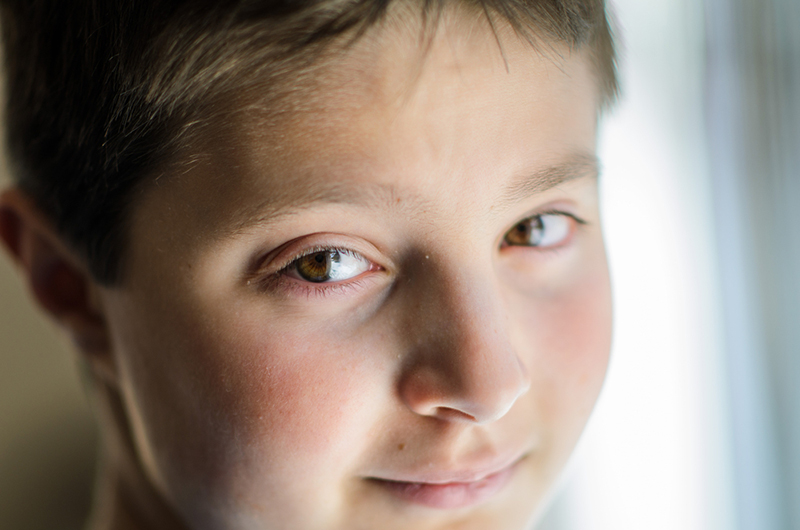We live in what is generally considered to be a privileged country. Our standards of living are ranked among the highest in the world, but we’re not perfect. Around 2.5 million people live in poverty in Australia, including more than 600,000 children.
There’s also a “considerable gap” between those who are well off and those living below the poverty line. According to the UN’s latest report on child inequality, disadvantaged kids in Australia are suffering because of this gap.
UNICEF’s Fairness for Children report found Australia is lagging behind countries like Estonia, Latvia and Lithuania when it comes to gaps in healthcare and education.
The report focused on “bottom-end inequality – the gap between children at the bottom and those in the middle”.
Ranked against 41 EU and OECD countries, it placed Australia:
- 27th on health
- 24th on education
- 14th on income
- 2nd on life satisfaction
- 13th overall – across all dimensions of equality.
Australia isn’t the only wealthy country UNICEF found to be “failing its poorest children”.
The report said the the gap between rich and poor in most OECD countries was “at its highest level in three decades” and the risks of poverty had been “shifting from the elderly towards youth since the 1980s”.
The UK, New Zealand and the Netherlands ranked lower than Australia on education equality, but did better on health equality along with the United States.
What this means for disadvantaged kids in Australia
UNICEF Australia director of policy and advocacy Nicole Breeze told Huffington Post: the report “shows inequality in Australia is growing”.
“It gives us some insight into the dynamics of inequality and disadvantage … and it’s really showing us that that gap is widening,” she said.
“As a signatory to the Convention on the Rights of the Child, Australia has made a firm promise to its children and that is to guarantee an adequate standard of living.
“What this report is showing us is that too many children are lagging behind their peers.”
National children’s commissioner Megan Mitchell agrees. She said in the Sydney Morning Herald: “Australia was failing to give all children the best start in life.”
“UNICEF’s report highlights the widening gap between children at the bottom and those in the middle,” she said.
“The report asks challenging questions for Australia’s policymakers on how to address the needs of our most vulnerable children.”
UNICEF says policymakers can close the gap
UNICEF office of research director Doctor Sarah Cook said it would be up to governments to facilitate change.
“The report card provides a clear reminder that the well-being of children in any country is not an inevitable outcome of individual circumstances or of the level of economic development but is shaped by policy choices,” she said.
“As our understanding of the long-term impact of inequality grows, it becomes increasingly clear that governments must place priority on enhancing the well-being of all children today, and give them the opportunity to achieve their potential.”





